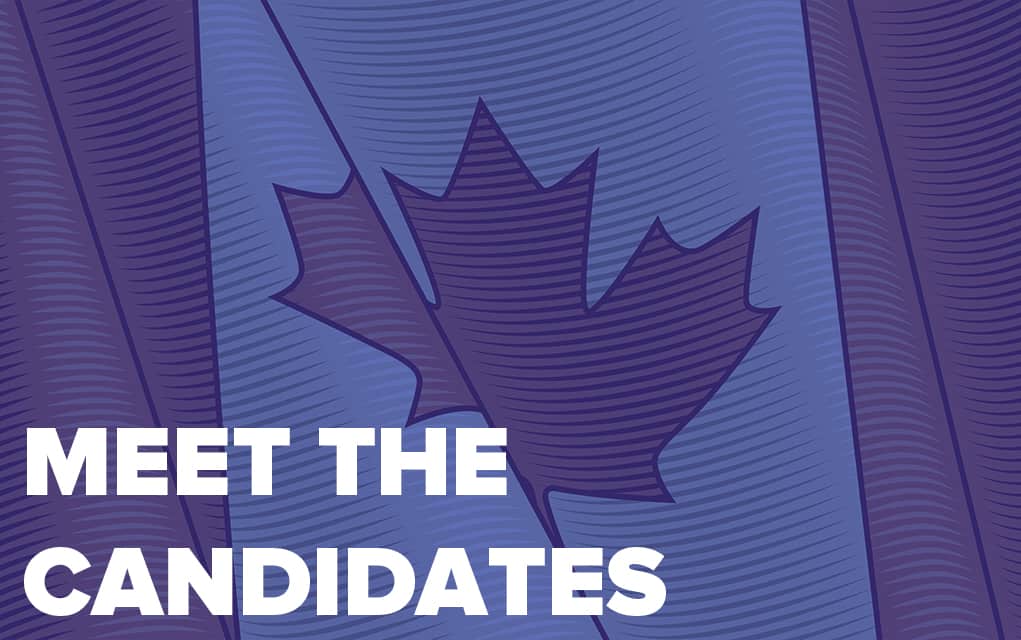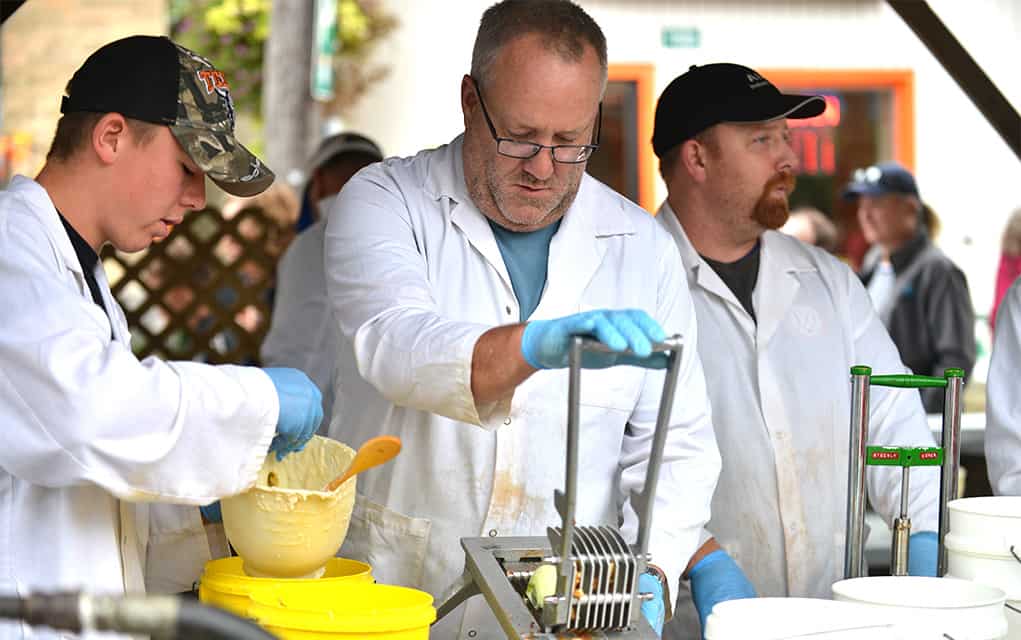By Veronica Reiner & Aneta Rebiszewski
Five candidates are vying for your vote in the October 21 federal election: incumbent Harold Albrecht, Conservative; Tim Louis, Liberal; Riani de Wet, NDP; Stephanie Goertz, Green; and Koltyn Wallar, People’s Party.
An all-candidates debate is scheduled for 3-5 p.m. on October 10 at the WMC in Elmira.
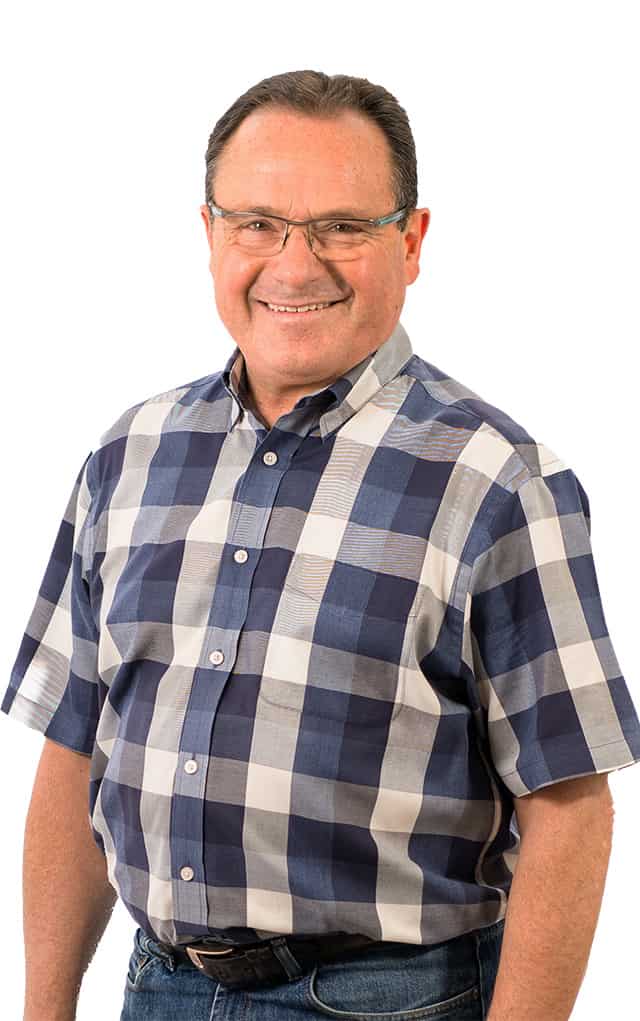
Harold Albrecht is the incumbent and representative for the Conservative Party in the Kitchener-Conestoga riding. He has held the position of Member of Parliament for the past 13 years. His key issues on the campaign level include balancing the budget, increasing the availability of palliative care, and mental health and suicide preventions.
“We need to be a country that learns to live within our means; discontinue spending money that we don’t have, increasing taxes, increasing our deficit, increasing our long-term debt – all of these things are being left to our future generations to care for, and we need to discontinue that,” said Albrecht.
Another issue crucial to the Conservative party is affordable housing. Albrecht said that a more individualized approach to the housing market is the right way to address affordability.
“Removing some of the obstacles that are one-size-fits-all; so right now, we have the [mortgage] stress test which applies to cities like Vancouver or Toronto where that may be necessary, but that does not apply to Elmira or St. Jacobs,” said Albrecht. “So I think we need to have more personalized application of the rules across Canada so that markets that aren’t facing that kind of pressure are not lumped in with the rest.”
Prior to serving in Parliament, Albrecht had a dentistry practice in Kitchener for 27 years, served as a school board trustee, chair of the board, and pastor before getting into politics. A long-time Wilmot Township resident, he now lives in the south Kitchener part of the riding, where he moved for a fresh start when he remarried. Albrecht’s wife of 40 years died after suffering a brain haemorrhage on the night of the 2011 election. He retained the hobby farm he owns in New Dundee.
His experience working in the urban areas combined with his rural background makes him a good fit for the unique Kitchener-Conestoga riding, he said.
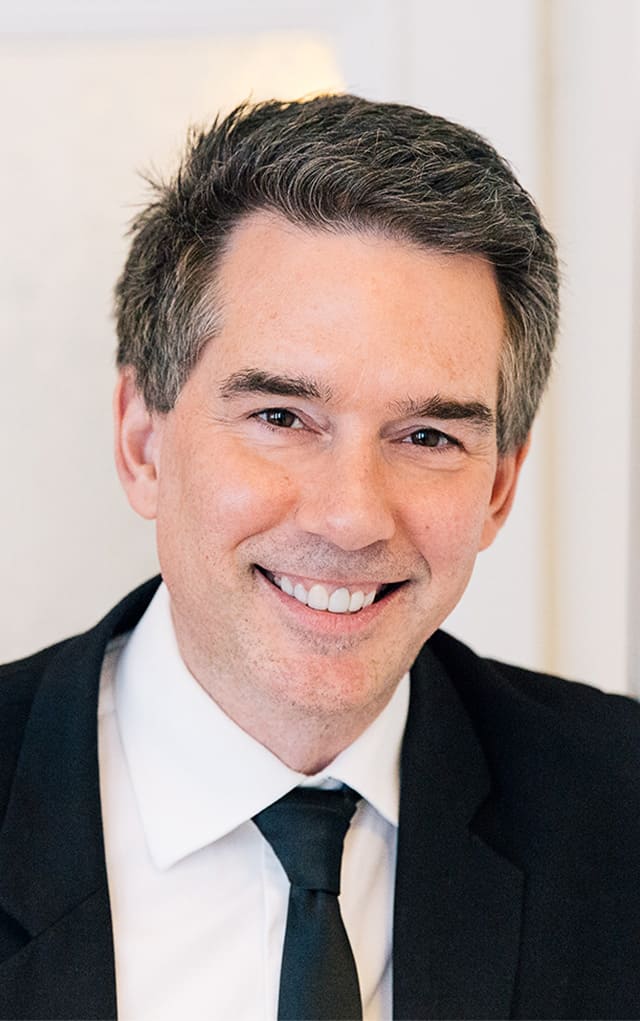
Tim Louis is the representative candidate for the Liberal Party in the Kitchener-Conestoga riding. This is not his first crack at politics, as he ran in 2015 and fell short by just 251 votes. To get a sense of what is crucial the community this time around, he has been knocking on doors throughout the riding to discover several key issues among residents that he aims to tackle.
Climate action, general affordability (housing, cost of medication, retirement), and infrastructure spending are all focuses for the Liberal party. He supported several measures put in place by the federal government, including a plan to ban single-use plastics, promoting electric vehicles, and the carbon tax to address climate change. He cited the first-time homebuyers’ incentive program, aimed at making it easier for young people to purchase their first home, as a method to address affordable housing.
“I want to advocate for everyone in our riding, not just people who support my own personal beliefs. I think that’s something that’s missing in Kitchener-Conestoga. … I think that more voices need to be heard and they need someone who’s going to have a strong presence at the local level and bring that to a federal government,” said Louis.
Originally born in New Jersey, Louis moved to Canada to be with his wife 24 years ago. He has been based in the Forest Heights area in Kitchener where the couple raised a family. He has built a successful career as a professional, award-winning musician and has volunteered in a variety of organizations within the community, including Wellesley Idol, Women’s Crisis Services of Waterloo Region, Lions Club and KidsAbility.
“At first, you think that being a musician and politician that there’s nothing in common, but the skill set is actually quite similar,” said Louis. “The ability, as a musician, or an elected official, to listen. Listen to what people are saying around you, and the ability to cooperate and work together.”
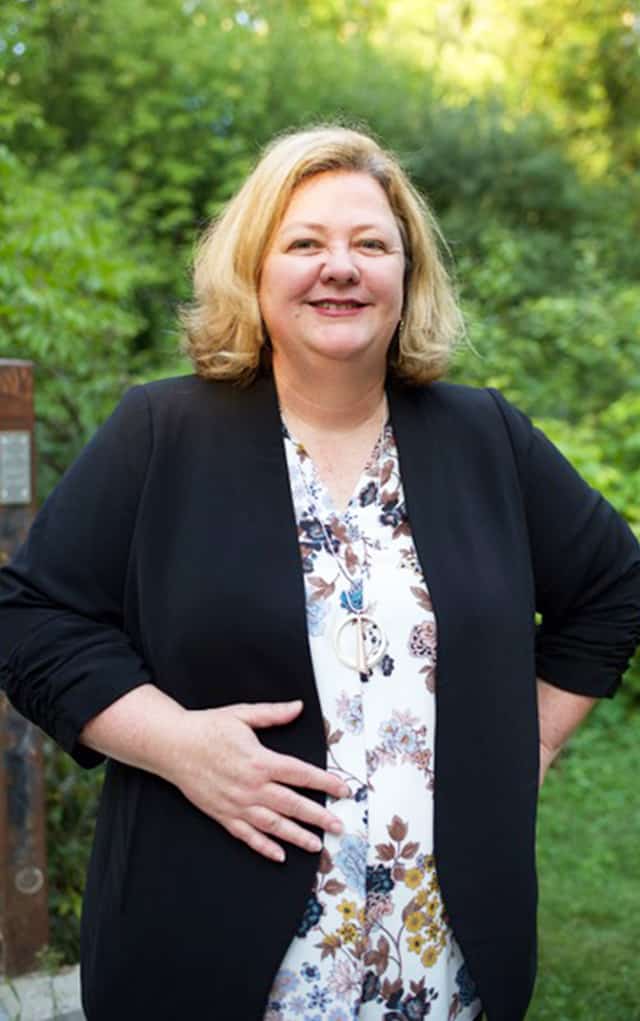
Riani de Wet is the candidate for the New Democratic Party in the Kitchener-Conestoga riding. The NDP is focusing on creating affordable housing and improving living conditions for the region, ensuring the environment is being looked after and making the health care system affordable and accessible.
From a young age, de Wet said she has taken an interest in health care and that is why this is her main focus in the upcoming election. She is worried about where the health care system is going as the population increases and gets older.
“We are dealing with a lot new complex issues in health care then we did 20 years ago. We are simply not providing adequately for those things and that is putting families under tremendous economic strain,” de Wet said. Each government has done different things to affect the health care system and de Wet says that it’s time to fund it based on the needs of people and ensuring that everyone in the country has access to all health care supports.
“Instead of improving, strengthening and expanding it, I just see government after government either defunding or underfunding it year after year for decades now.”
De Wet grew up in South Africa, where she developed a passion for justice and fairness. This helped her form the foundation of what she advocates for now in the election, especially when it comes to equal health care. Currently, de Wet is teaching at Conestoga College while also studying office administration at the school. Since coming to Canada with her family in 2012, de Wet has already made an impact in the region by becoming the co-founder of the Waterloo Region Health Coalition.
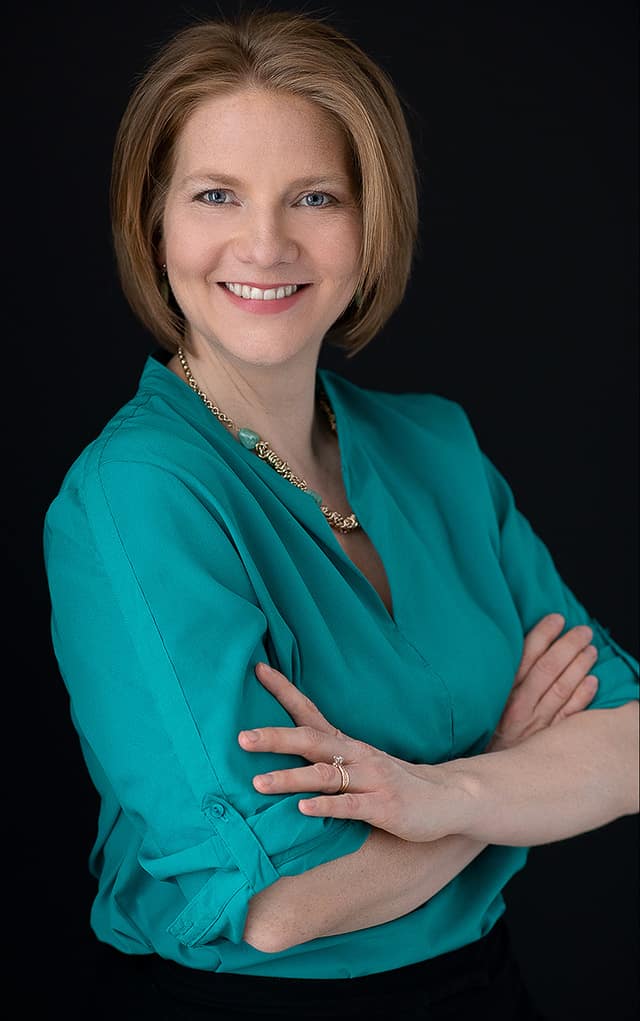
Stephanie Goertz is the Green Party candidate for the Kitchener-Conestoga riding. In the upcoming election the party isn’t necessarily focusing on one policy or issue but instead they are looking to transition the economy into a more green one.
Goertz says the party will focus on adapting to the world that is changing how we live, that means focusing on making more affordable housing, creating new innovative solutions to transform communities and ensuring food and water security.
“If we’re not all working towards a healthier environment – a healthier Canada – we are not going to have a future for our children,” said Goertz.
Often times people think that advocating for the environment means trees and water, explains Goertz, but really the environment is pretty much every facet of life.
“[The environment] impacts mental health, it impacts our air and water, it impacts infrastructure – our road ways and how our houses are being built. For me the environment is all encompassing,” Goertz said of the common misunderstanding when she tells people the Green Party is for the environment.
After graduating from the University of Waterloo, Goertz moved to Toronto to work as a police officer for seven years. She then moved back to start a family while also starting her own small business. Through her endeavours, Goertz started to find issues within her community pertaining to young families and this motivated her to find solutions. She started doing trade shows which created the connectivity that she found was often missing in many of these issues. With her entrepreneurial skills, Goertz is interested in implementing more solutions in her community through the election.

Koltyn Wallar is the 20-year-old candidate representing the Peoples Party of Canada in the Kitchener-Conestoga riding for the upcoming election. The party will be advocating to lower income taxes, reducing the costs of phone and internet fees by opening up the market to more competition and decreasing corporate taxes.
Wallar says the party is mainly focused on lowering income tax but also simplifying the progressive system so that there are only three brackets. The first bracket would raise the tax exemption from $11,000 to $15,000.
“This is actually great for students and for those who have seasonal work because they just barely sweep over that $11,000 and then they have to start paying tax,” Wallar said.
The second bracket would then focus on incomes between $15,000 and $100,000, which would be taxed 15 per cent. And the final bracket would be for those who reach an income of over $100,000, who would be taxed 25 per cent.
Before running for the election, Wallar spent his high school years in the Canadian Armed Forces Reserves before he decided to pursue postsecondary education. He is now in his third year at Wilfrid Laurier University for political science and economics. The 20-year-old recalls that he first got into politics when the Conservative Party lost the election in 2015, and took a different direction in what they were advocating for. Since then, Wallar believes their ideas were weak and left a lot of people disappointed with empty promises. Now he hopes to implement a policy that works for everyone by running in the election.


